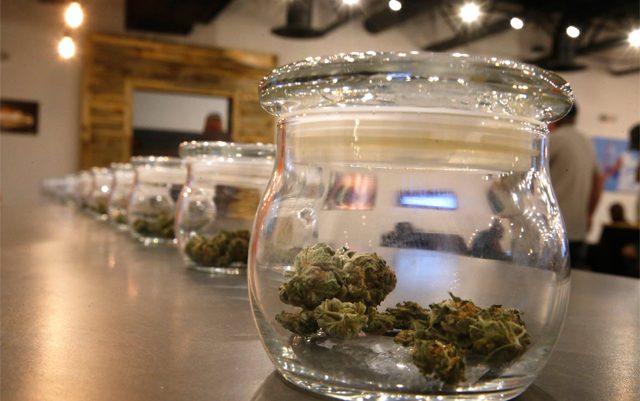Something that seems to happen to every new cannabis industry shortly after legal sales begin is a shortage of product to sell. It has been seen time and time again in the United States, both after medicinal and recreational cannabis laws are implemented – Pennsylvania, Nevada, Alaska and others have all seen a scarcity of cannabis shortly after the first legal transactions were made. Last year, when Canada started moving forward with plans to legalize cannabis nationally, it was anticipated that the country would see similar problems – and now that prediction has become reality for some dispensaries.
“We expected certain strains might run out and there would be a bit of a run on supply,” Canadian legislator Bill Blair said. “But, you know, they’ve got a pretty good infrastructure in place and I’m confident it will work” in the long term.
Originally, it was anticipated that the first legal cannabis sales would take place online and through mail order deliveries – similar to how Canada set up their medical marijuana system. Instead, in the past year an entire industry has been licensed and over the past six months, growers have been working constantly to ensure that there was a worthwhile supply for dispensaries when they open their doors, which happened last Wednesday.
There was no denying that the crowds on the first day of sales would be massive – and even after months of preparation, by the weekend many products and specific strains had sold out entirely. Some businesses started with shipments only half as big as they ordered because the product simply isn’t ready yet. They are expecting a steady supply to continue to come in, however, it still might not be enough to keep the shelves stocked for long.
“At the end of the day, this is an agricultural product. It takes time to plant, grow, harvest and process, even after you’ve done all the regulatory requirements,” Wyonch of the C.D. Howe Institute pointed out.
Across the country, Health Canada has licensed 73 additional producers of cannabis and more than 160 expansions of existing facilities – which should be enough to keep things moving at a steady pace and keep shelves stocked. If all goes well, this shortage will clear up within the first few weeks to months. From there, Canada can become the first example of how legalization can be successful on a national scale.






